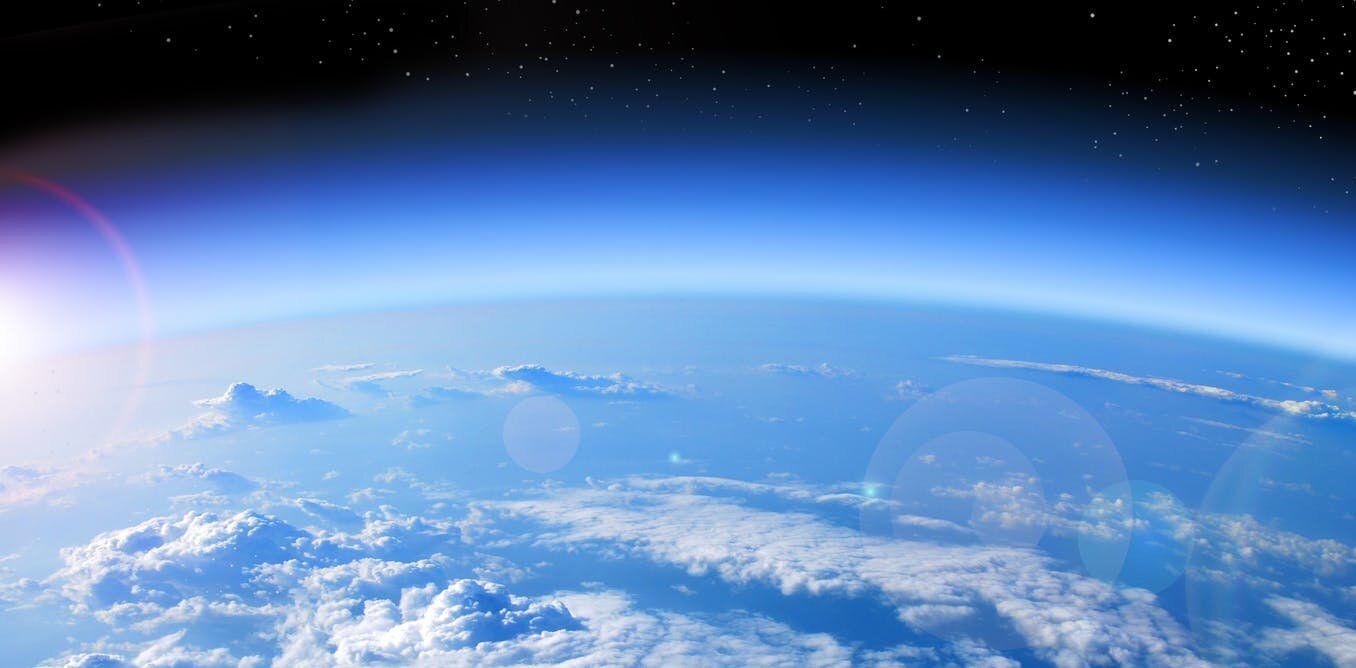The Epic
Why our timeline of the human story is broken and how we fix it.

Modern years are rubbish.
The years themselves are fine; we've just mislabelled them.
The modern calendar as we know it - the Common Era - is a lie; a trick that takes the incorrect birthday of a messiah to build a timeline that ignores almost everything.
As a global world becomes a global community, it's particularly irrelevant.
Wut?
Imagine you could travel back in time and meet an early, post-nomadic human who, as well as everything else, is particularly curious about your iPhone.
Sure thing, you might gesture, ol’ Stevie Jobs is gonna invent this bad boy in 2007, although copy/paste only comes later and eventually they get really big.
Meaningless.
A better context for our neolithic friend would be to tell her that it would be tens of thousands of years before the human race would gather the necessary minerals (intellectual and actual) to put together the world's favourite smartphone.
She would need to imagine over 12,000 years of concentrated progress - around 400 generations - to go from a tribe's handprints on cave walls, to a global community right in her hand.
12,000.
Not 2007 and a load of 'BC'.
--
You can see how our sense of history is therefore all fucked up
Just as the words we use shape our reality, how we choose to label time defines our perspective.
The Common Era reduces our sense of existence to a paltry few millennia.
A Proud Boy might rightly take pride in the achievements of 'Western culture' - electricity, jam sandwiches, really good trains, travelling the world and pilfering antiquities for the British Museum - but only because he’s ignoring millennia of berry-grabbing and arse-scratching while countless other cultures developed wheels, ships, writing, shoes...
Ok - easy target.
Truth is, every race and culture had its glory days, its golden age, its downfalls, failings and atrocities.
Getting too wedded to any form of patriotism is about as relevant in humanity's story as a local by-election. They forgot Baal; they'll forget us.
So next time you see a grinning labrador, remember that we started the gradual process of befriending canines - turning wolves into doggos - 15,000 years ago.
(Cats started domesticating humans some time after that).
You could've sent a woolly mammoth a postcard of the pyramids.
Aboriginal society existed 60,000 years ago. By the time Europeans ‘discovered and civilised’ Australia - presumably ritualised in the ceremonial tarmac-pouring of the first-ever Bunnings or something - there was already a sophisticated network of settlements, irrigation and farming.
Our timeline is nonsensical if you really want to understand where we came from, and navigating the mirror effect of ‘BC’ is about as intuitive as trying to read upside-down.
In short, for a myopic view of the world, go Gregorian.
--
Cesare Emiliani tried to fix all this.
His proposed Holocene calendar - aka the Human Era - adds 10,000 years to the conventional. In practice, that's just a 1 at the start... so the year 2000 becomes 12000.
That would date year zero to the time nomadic humans started building fixed settlements, and hearing about iPhones from time travellers.
Cesare wasn't the first, either.
What does that do to our story?
10 years of Human Era, we're organising agriculture.
500 years, we've mastered wheat.
5000 years to get to scales and irrigation.
6500 to develop wheels and writing.
7900 years before the first formal nation is established.
8247, the first surviving laws are set down, in Hammurabi's Code.
8600 years and soap emerges (yep, worryingly late).
11760 years, we harness the powers of steam and fossil fuels, sparking the industrial revolution.
11903, we learn to fly.
11958 years, we break free of our atmosphere into space.
A few more and we walk on the moon; the exponential computing power it required soon went from room-size to pocket size. Today, we wear supercomputers on our wrists.
And yes, 12020 was a bit of a shitter.
That's more like it.
--
As a concept, the Human Era is not perfect.
It just affords us a broader view.
2000 years of civilisation is a haiku. 12000 is an epic.
In 12000 years we’ve gone from the swamps to the stars.
From sacrificing kids to kitten gifs.
We’re a mess, of course, still struggling to find the right footing.
We're flawed: envious, acquisitive, deceitful, carnivorous, industrial, vengeful, a scourge on the planet, as capable of good and bad as ever.
In trying to fix ourselves, the work is endless.
But most importantly, we’ve survived. And we’ve come a long fucking way.
It's time to tell the whole story.
